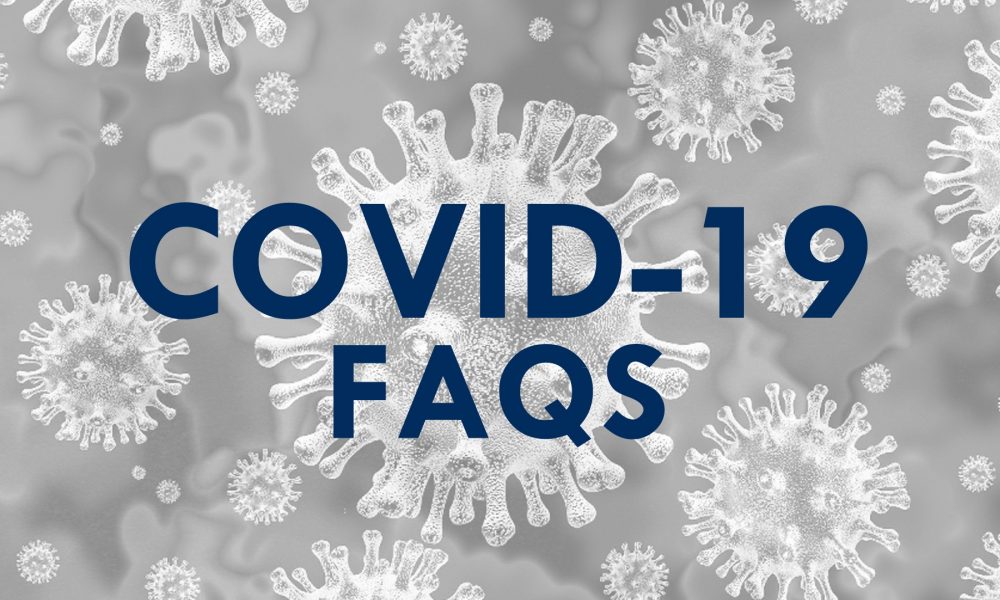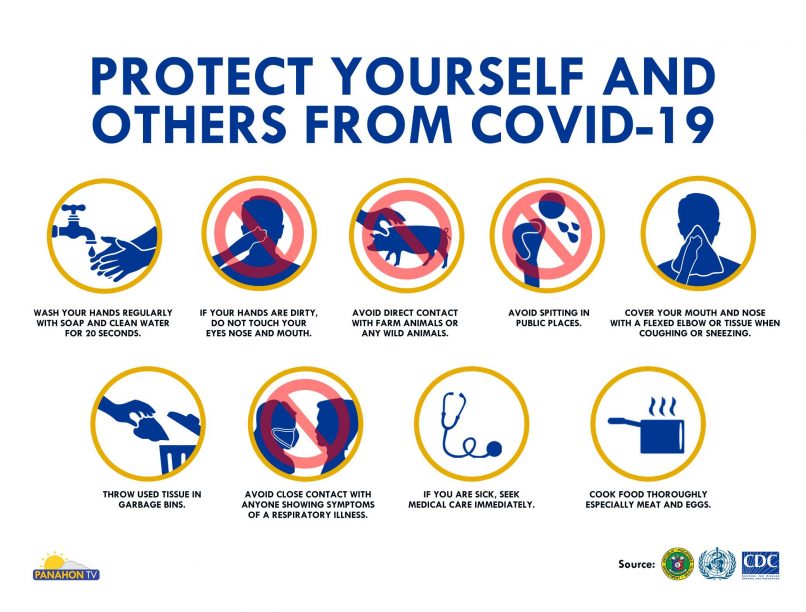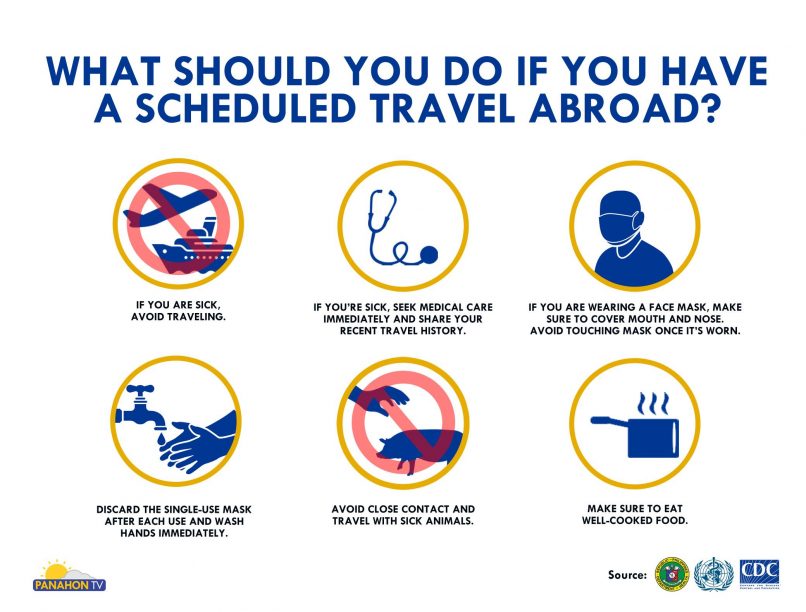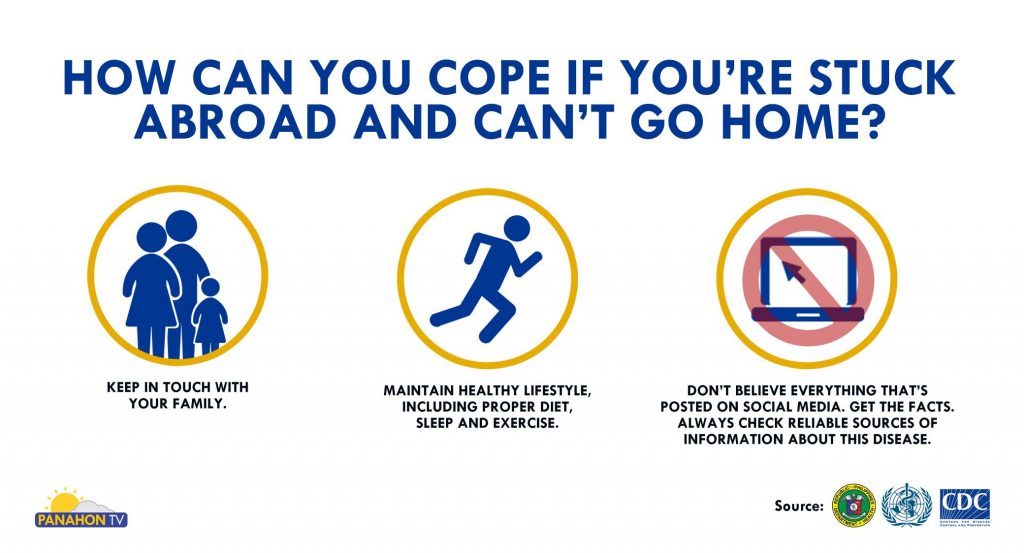Home > Blog > Covid-19
CORONAVIRUS FAQS

- What is coronavirus?
The coronavirus is a type of virus that causes respiratory illness in animals and humans. It is zoonotic, meaning it can be transmitted between animals and humans. The virus was first discovered during the 1960s, and was called coronavirus because of its crown-shaped structure.
As of now, there are seven types of the coronavirus that can infect humans. They range from the common cold to more severe diseases, such as the Middle East Respiratory Syndrome (MERS-CoV), Severe Acute Respiratory Syndrome (SARS-CoV), and its latest strain, the Coronavirus Disease 2019 (COVID-19).
MERS-CoV, discovered in Saudi Arabia last 2012, resulted in 858 deaths. According to scientists, this coronavirus came from camels and has flu-like symptoms. Meanwhile, SARS began in China in 2002. It was reported to have come from a civet cat, and has 8,000 confirmed cases, killing almost 800.
On January 9, 2020, the World Health Organization (WHO) reported a new strain of coronavirus, associated with an outbreak of pneumonia in Wuhan, China. Last February 11, 2020 it was renamed as the Coronavirus Disease-2019 COVID-19.
- Is COVID-19 deadly?
Just like MERS-CoV and SARS, the COVID-19 is deadly. The moment one gets infected, the virus spreads immediately to the lower respiratory tract, including the lungs. This type of coronavirus may cause severe pneumonia in 24 hours, and it cannot be cured by antibiotics.
- What are the symptoms of COVID-19?
Its respiratory symptoms include fever, cough, shortness of breath and other breathing difficulties. However, there are cases of the coronavirus disease that are asymptomatic or display no symptoms. It takes around 14 days before the symptoms appear.
- How can you protect yourself from this virus?
According to the World Health Organization, here are the ways to prevent yourself and others from getting the COVID-19:

- Wash your hands regularly with soap and clean water for 20 seconds.
- If your hands are dirty, do not touch your eyes nose and mouth.
- Avoid direct contact with farm animals or any wild animals.
- Avoid spitting in public places.
- Cover your mouth and nose with a flexed elbow or tissue when coughing or sneezing.
- Throw used tissue in garbage bins.
- Avoid close contact with anyone showing symptoms of a respiratory illness.
- If you are sick, seek medical care immediately.
- Cook food thoroughly especially meat and eggs.
- What should you do if you have a scheduled travel abroad?

- If you are sick, avoid traveling.
- If you’re sick, seek medical care immediately and share your recent travel history.
- If you are wearing a face mask, make sure to cover mouth and nose. Avoid touching mask once it’s worn.
- Discard the single-use mask after each use and wash hands immediately.
- Avoid close contact and travel with sick animals.
- Make sure to eat well-cooked food.
- How can you cope if you’re stuck abroad and can’t go home?

- Keep in touch with your family.
- Maintain healthy lifestyle, including proper diet, sleep and exercise.
- Don’t believe everything that’s posted on social media. Get the facts. Always check reliable sources of information about this disease.
If you need more information, please check these sources:
- Department of Health – https://www.doh.gov.ph/
- World Health Organization – https://www.who.int/
- Centers for Disease Control and Prevention https://www.cdc.gov/

